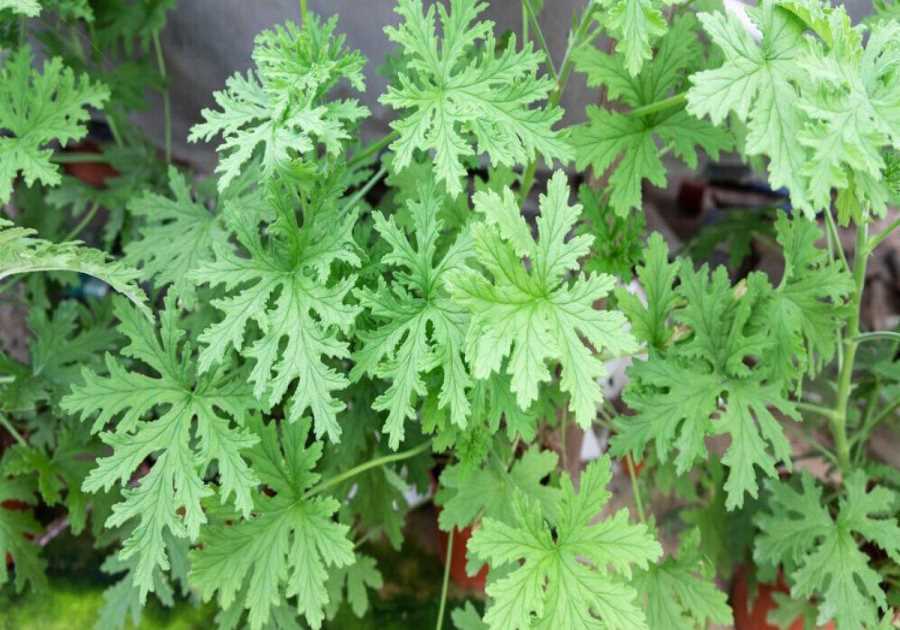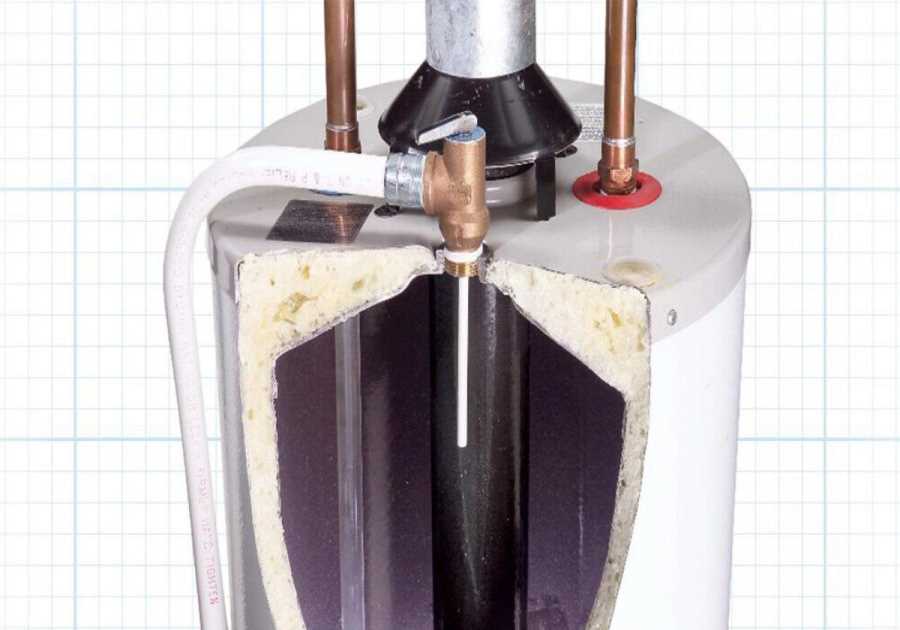Diet for Managing Menopause Symptoms:
Including certain healthy foods in your diet and eliminating unhealthy options can help you obtain relief from menopause symptoms naturally. Weight gain is one of the biggest challenges that several women experience in this phase. So, most of you may need to switch from a weight gain diet plan for females to a weight loss diet plan for females in menopause to stay in shape and enjoy good health. Here are the food groups and foods that you should include in your diet chart to lose weight during menopause.
- Foods Containing Phytoestrogens:
Including foods comprising phytoestrogens in your diet while managing menopause symptoms can prove beneficial. These compounds act as weak estrogens when they enter your body and help reduce the frequency of hot flashes. They offer you relief from discomforts that you may experience during menopause. So, include berries, soybeans, peanuts, barley, plums, chickpeas, flax seeds, and grapes in your diet.
- Whole Grains:
Prefer to eat the whole grains in your diet chart to lose weight during menopause. Whole grains not just supply you with a healthy dose of fibre and B vitamins but also minimize the risk of developing cancer, cardiovascular ailments, and early death. B vitamins nourish your body and help improve your metabolism and energy levels that may prevent you from feeling fatigued when battling menopause symptoms, such as fatigue. Also, it helps keep your weight in check. So, include barley, rye, quinoa, brown rice, and whole-wheat bread in your diet.
- Dairy Products:
As you attain menopause, the decline in your levels of estrogen can increase your risk of fractures. Bone loss associated with menopause can be risky. Adding dairy products, such as yoghurt, milk, cheese, and other healthy sources, to your diet delivers a good dose of essential minerals, such as calcium, magnesium, potassium, and phosphorus. It also nourishes you with vitamin K and D. It improves the bone density in women attaining menopause. Also, dairy products are effective in improving your quality of sleep. Appropriate dairy consumption reduces the risk of premature menopause. So, go for milk, yoghurt, cheese, and other dairy products.
- Healthy Fats:
Omega-3 fatty acids and other healthy fats help women in their menopause phase by reducing the severity of night sweats and the frequency of hot flashes. So, include omega-3 fatty acids in abundant food sources, such as fatty fish such as salmon, mackerel, chia seeds, and flax seeds.
- Fresh Vegetables and Fruits:
Natural, nutritious foods that you should include in your diet chart to lose weight during menopause are fresh fruits and vegetables. They provide you with abundant minerals, antioxidants, fibre, vitamins, and other crucial nutrients. Regular consumption of fruits and vegetables helps you maintain a healthy weight, reduces hot flashes, and improves your relief. Broccoli safeguards you from developing breast cancer. Dark berries reduce your blood pressure. Regular intake of grape seed extract supplements has proved to reduce depression, improve sleep, and minimize hot flashes.
- Proteins:
The reduction in estrogen has a link to decreased bone strength and muscle mass. So, women who are going through their menopausal phase should increase their intake of proteins. Having 20 to 25 grams of quality protein every meal can be beneficial. Collagen is known for being the most abundant protein in your body. When going through menopause, increasing the intake of foods that promote natural collagen production in your body can help improve your bone mineral density and reduces the risk of fractures. Also, protein abundant diet is beneficial for weight loss. So, ensure that, when you follow a weight loss diet plan for females during menopause, your diet contains protein abundant sources, such as legumes, eggs, fish, dark green leafy vegetables, dairy products, and meat.







